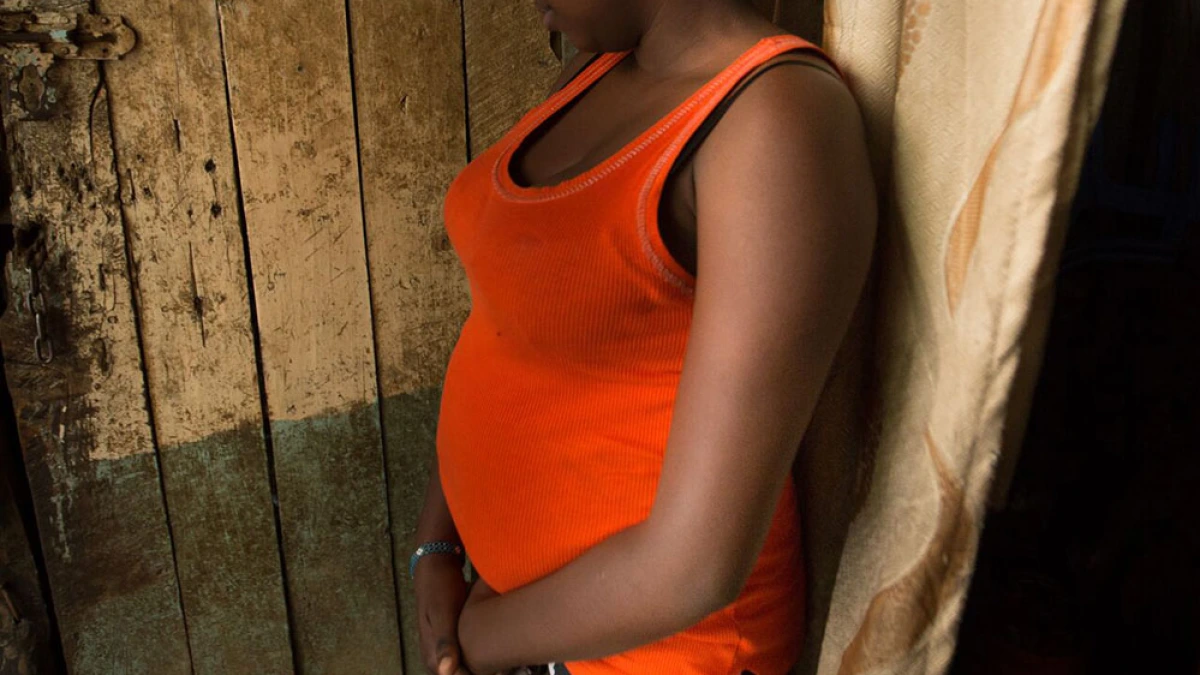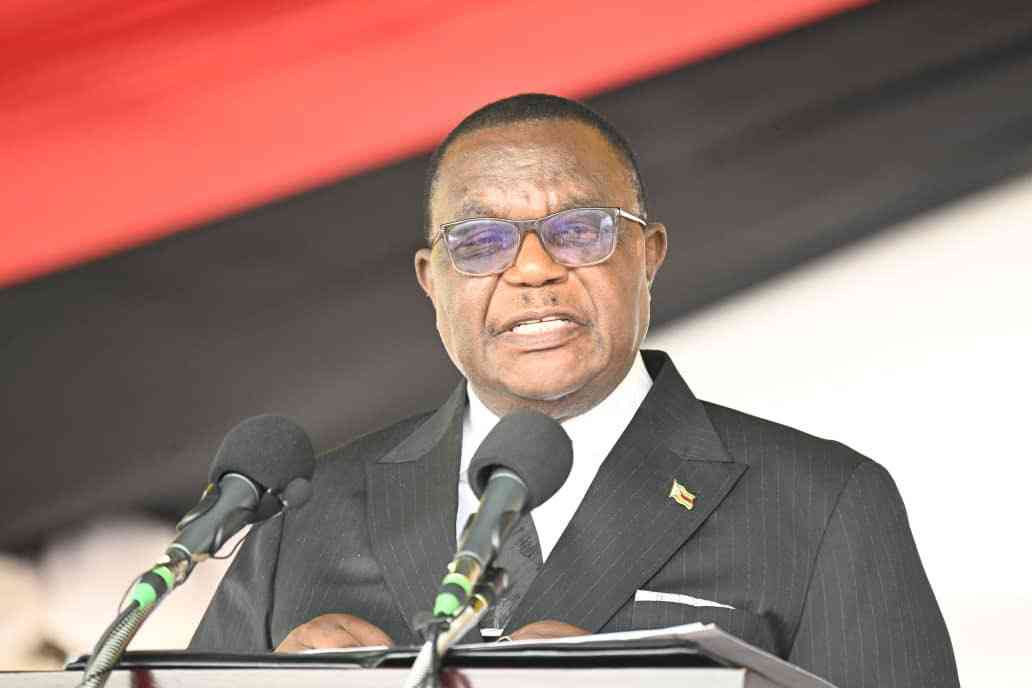
A snapshot of the recent Parliamentary Portfolio Committee on Health and Child Care presentation in parliament as presented by Internews at a seminar in Bulawayo reveals that an estimated 60, 000 to 80,000 women in Zimbabwe undergo illegal abortions every year, contributing to 16 percent of maternal deaths.Some time ago, Ruth Labode, the chairperson of the Parliamentary Portfolio Committee on Health and Child Care, recently told Parliament that as much as 80,000 illegal abortions take place in Zimbabwe annually.“Illegal abortions in Zimbabwe have increased from 60 000 to 80 000 per annum – which is very unsustainable,” Labode had said, as she argued for a review of Zimbabwe’s Termination of Pregnancy Act, which was passed in 1977.The Termination of Pregnancy Act places restrictions on abortion. According to the law, abortion is only permitted in Zimbabwe in the following circumstances when there is a serious threat to the life of a woman, when there is risk of permanent impairment to her physical health, risk of grave physical/mental defects leading to severe handicap in the child and when the pregnancy results from unlawful intercourse – rape, incest or intercource with a mentally handicapped woman.The snapshot the Interviews relied on stated that the level of abortion contributed to 16% of maternal deaths.“Unintended pregnancies, fear of gender-based violence (GBV) from fathers who may not want the child and restrictive abortion laws are some facilitators of illegal abortions,” revealed the snapshot.“The law further provides that no person is allowed to assist in the termination of pregnancy without legal authorisation and no medical practitioner, nurse or any person employed in a hospital is allowed to assist with unauthorised termination of pregnancy. These provisions leave behind many women and girls needing the services."










